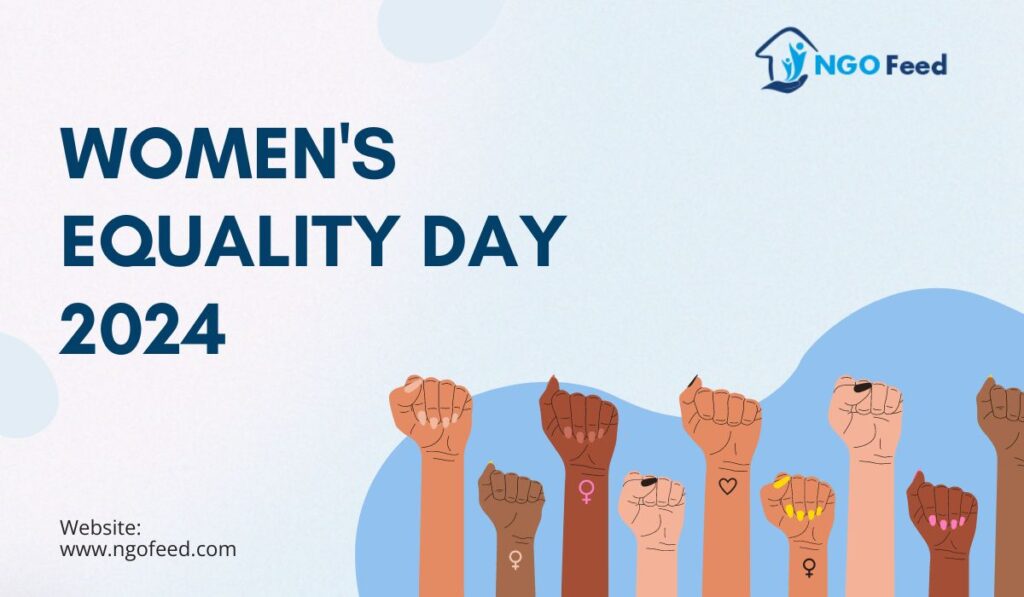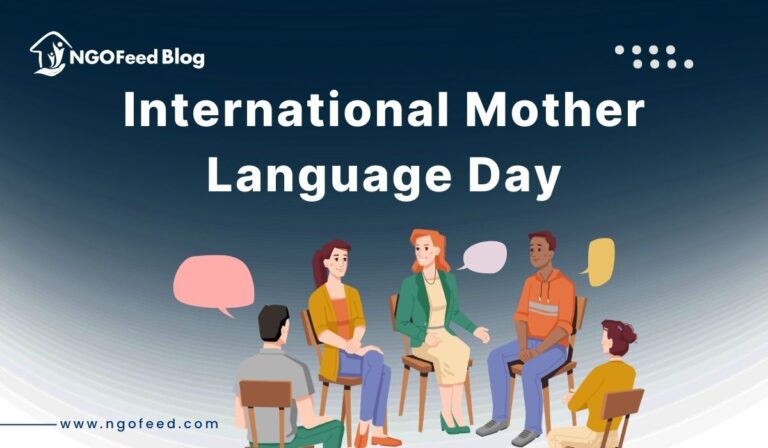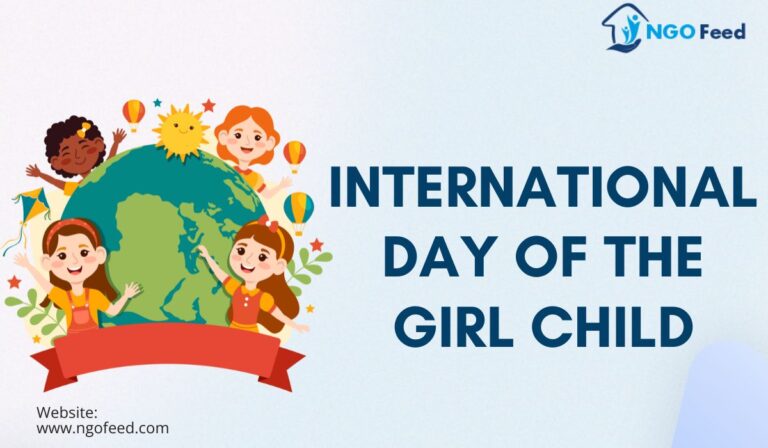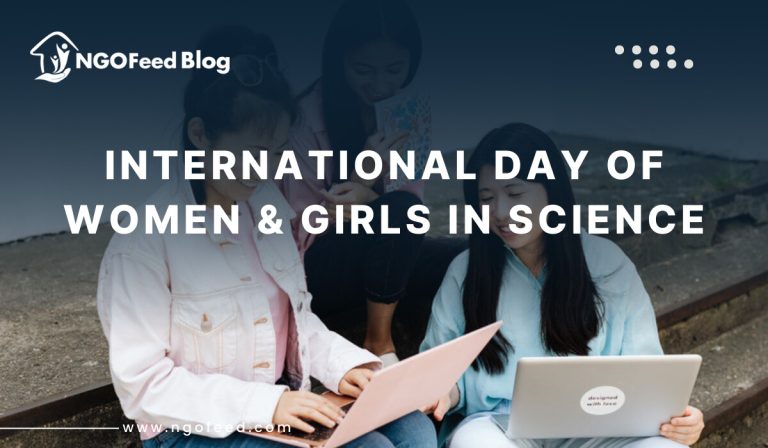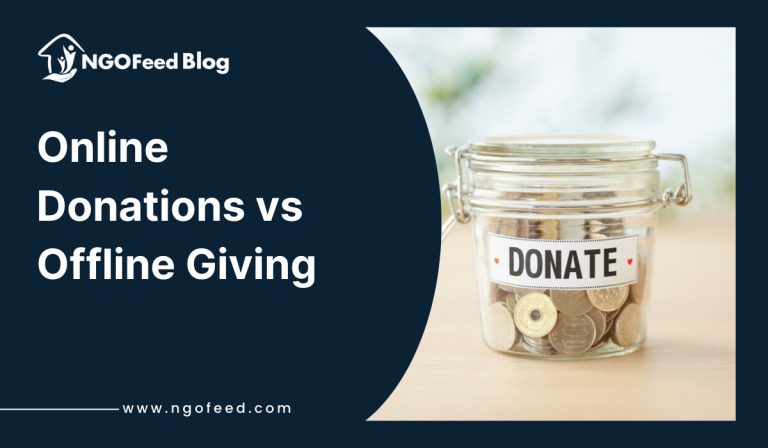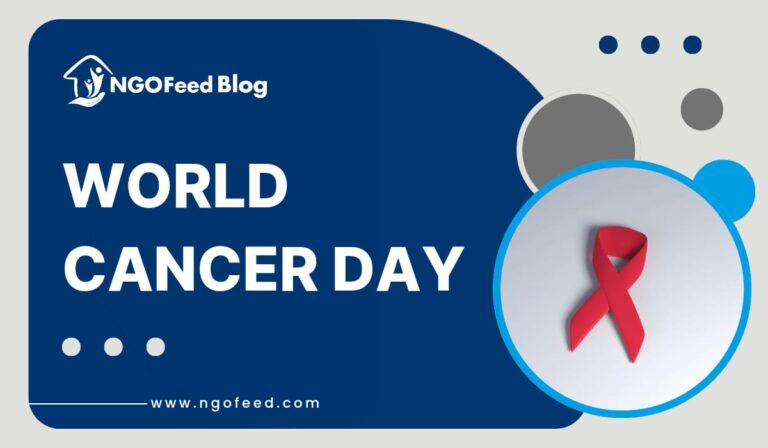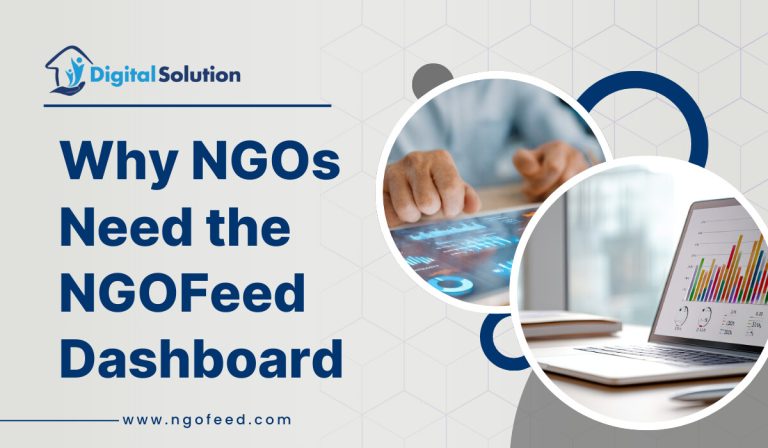Women’s Equality Day 2024 is celebrated on August 26th, a historic occasion honouring the progress and continuous challenges in pursuing gender parity. This day offers a chance to consider the steps taken so far and the work that remains to guarantee that women everywhere have equal opportunities and rights as men. In this article, you will get to know about Women’s Equality Day such as its history, why, How to celebrate, NGO’s involvement in this celebration as well as international NGOs involvement, etc.
Table of Contents
About Women’s Equality Day
Women’s Equality Day honors the 1920 ratification of the US Constitution’s 19th Amendment, which gave women the right to vote. The decades of effort and struggle by women activists who tirelessly battled for this fundamental right resulted in this historic milestone. But this day also reminds us that the struggle for equality is not limited to voting rights; it is an ongoing effort that affects every element of life.
History of Women’s Equality Day
- The mid-1800s saw the beginning of the women’s suffrage movement, which is where Women’s Equality Day was originated.
- The early 20th century saw the movement gain more steam, and on August 18, 1920, the 19th Amendment was ratified.
- Congress formally declared August 26 to be Women’s Equality Day in 1971 as a result of the work of Representative Bella Abzug, who was a strong supporter of women’s rights. Since then, the day has been celebrated yearly to honor the achievements of women and the continuous struggle for gender parity.
Source: https://nationalwomenshistoryalliance.org/
Women’s Equality Day 2024 theme
Every year, Women’s Equality Day features a Theme that highlights various facets of women’s rights. This year’s theme for Women’s Equality Day 2024 is yet to be announced and it highlights women’s participation in various aspects of life. This theme promotes conversations and action regarding important issues that women face today.
Why Celebrate Women’s Equality Day 2024?
There are various reasons why it is imperative to celebrate Women’s Equality Day 2024.
- Acknowledging Progress: It acknowledges the notable developments achieved in the struggle for women’s rights, from suffrage to positions of leadership across a range of industries.
- Increasing Awareness: The day draws attention to the ongoing issues that women face, such as gender-based violence, pay disparities, and their underrepresentation in positions of decision-making.
- Inspiring Change: By commemorating this day, we encourage future generations to keep pushing for global justice and equality for women.
How to Celebrate Women’s Equality Day 2024
Women’s Equality Day can be observed in a variety of ways:
| Educate Yourself and Others | Tell friends, family, and neighbors about your understanding of the background of women’s rights. |
| Support Women-Owned Businesses | Make a concerted effort to promote companies run and owned by women. |
| Volunteer | Participate in volunteer work by reaching out to regional groups that support equality and women’s rights. |
| Advocate | Raise your voice in support of laws that advance gender equality in the public sector, the business sector, and educational institutions. |
NGOs Involvement in Women’s Equality Day
On Women’s Equality Day, non-governmental organizations (NGOs) are playing an important role in spreading awareness and providing assistance. They plan campaigns, workshops, and events to empower women and increase awareness. NGOs tackle problems including economic empowerment, health, and education at the National and International level.
How NGOs Work
NGOs carry out several initiatives:
| Advocacy | They push for legislative and policy adjustments that promote gender equality. |
| Education and Training | To give women the skills they need for work and business, NGOs offer education and training programs. |
| Support Services | They assist women who struggle with issues including discrimination, domestic abuse, and financial difficulties. |
International NGOs Involvement
International NGOs play a crucial role in the worldwide promotion of women’s rights. Gender-based violence, reproductive rights, and women’s access to healthcare and education are among the concerns that international organizations like UN Women, Amnesty International, and the International Women’s Health Coalition aim to address.
Conclusion
Women’s Equality Day 2024 is a call to action for the future rather than only a day to remember the past. While we honour women’s achievements, we also need to acknowledge the work that still needs to be done. Through persistent education, advocacy, and support for projects that promote gender equality, we can establish a world in which every woman can prosper and reach her full potential. Let’s honour Women’s Equality Day 2024 by resolving to work toward expanding women’s chances and rights globally.
Frequently Asked Questions (FAQs)
What is Women’s Equality Day?
The United States observes Women’s Equality Day on August 26 every year. It honours the 19th Amendment’s ratification in 1920, which gave women the right to vote. The day honours the continuous efforts to bring about complete gender equality in all spheres of society as well.
Why is Women’s Equality Day important?
Women’s Equality Day is important because it draws attention to the ongoing fight for gender equality and honors the struggles and victories faced by women in gaining the right to vote. It acts as a reminder of the achievements gained and the ongoing efforts required to guarantee women’s equal rights and opportunities.
How is Women’s Equality Day celebrated?
Women’s Equality Day is observed with a variety of events, including panel discussions, marches, educational programs, and social media campaigns. Events that highlight women’s rights, gender equality, and the contributions of women to society are frequently held by organizations, educational institutions, and local communities.
What was the 19th Amendment?
Women were given the right to vote by the 19th Amendment to the United States Constitution, which was formally enacted on August 26, 1920, after it was approved on August 18, 1920. It represented a major victory for the American women’s suffrage movement.
Who were key figures in the women’s suffrage movement?
Susan B. Anthony, Elizabeth Cady Stanton, Sojourner Truth, Alice Paul, and Carrie Chapman Catt are key figures in the women’s suffrage movement. Many others, including these leaders, devoted their entire lives to the struggle for women’s voting rights.

